Search Results
Showing results 21 to 40 of 58
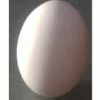
A Stand-up Egg
Source Institutions
In this science trick, learners get an egg to stand-up on its long-axis vertical to a table's top.
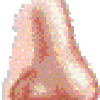
Expose Your Nose
Source Institutions
In this simple exploratory activity (1st activity on the page), blindfolded learners try to identify mystery items by smell.
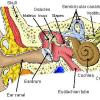
Model Eardrum
Source Institutions
In this activity (last activity on the page), learners make a model of the eardrum (also called the "tympanic membrane") and see how sound travels through the air.
The Jelly Bean Challenge
Source Institutions
In this activity, learners explore how their sense of smell affects their taste buds. Learners taste different flavored jelly beans while holding their nose.
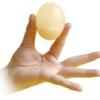
Experimenting with Naked Eggs
Source Institutions
In this activity about osmosis, learners use a naked egg (one with a dissolved eggshell) to learn about selectively permeable membranes.

Your Sense of Taste: Discover the real taste of candy
Source Institutions
Your tongue can sense about 6 different flavors (salty, sweet, bitter, sour, umami/savory, and fat), but your nose provides a lot more "taste" information than you realize when you eat.
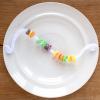
Breakfast Proteins
Source Institutions
In this activity, learners construct a cereal chain as a model of how proteins are made in the cell.
Are you a Supertaster?
Source Institutions
In this activity, learners examine their tongue and taste buds.
Why is the Sky Blue?
Source Institutions
In this activity, learners create a "mini sky" in a glass of water in a dark room.
Transparent Gelatin
Source Institutions
In this optics activity, learners explore how they can make gelatin stop light, but not stop them from seeing fruit suspended within.
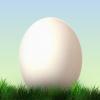
The Egg Activity
Source Institutions
Learners observe the outside and inside of raw chicken eggs, record descriptions, and hypothesize what will happen when a facilitator drops an egg on the floor.
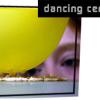
Dancing Cereal
Source Institutions
In this quick activity (on page 2 of the PDF under GPS: Body Electricity Activity), learners will observe how dry breakfast cereal appears to dance when it gets close to a balloon charged with static
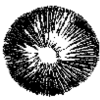
How to Make a Spore Print
Source Institutions
In this activity (p.25 of PDF), learners investigate spores. Mushrooms produce millions of spores which are equivalent to the seeds of plants but without the massive food reserves.
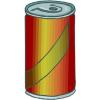
Root Beer Float
Source Institutions
In this quick activity/demonstration about density, learners examine what happens when two cans of root beer--one diet and one regular--are placed in a large container of water.
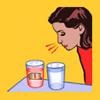
Shark Sense of Smell
Source Institutions
This is an activity about our sense of smell and how it compares to sharks' super noses. Learners will create varying solutions of water and perfume.

Making Naked Eggs: Eggs Without Shells
Source Institutions
This is an activity about acid-base reactions using eggs and vinegar. Learners place eggs inside a container of vinegar and leave to soak overnight.
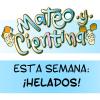
¡Helados!
Source Institutions
En esta tira cómica, Mateo y Cientina emplean su conocimiento de la química y las medidas para esta actividad deliciosa - ¡hacer helado!
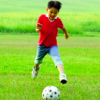
Get Moving! Active Play Indoors and Outdoors
Source Institutions
In this activity, learners explore the importance of active play.
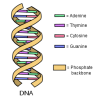
Close, Closer, Closest
Source Institutions
In this activity, learners perform an experiment that models a chromatography-like process called electrophoresis, a process used to analyze DNA.
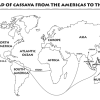
Green Travelers
Source Institutions
In this activity (on pages 23-29), partners use the Plant Traveler Cards, along with a world map and map worksheets, to follow plants such as cassava, chocolate and coffee that grew first in one part
